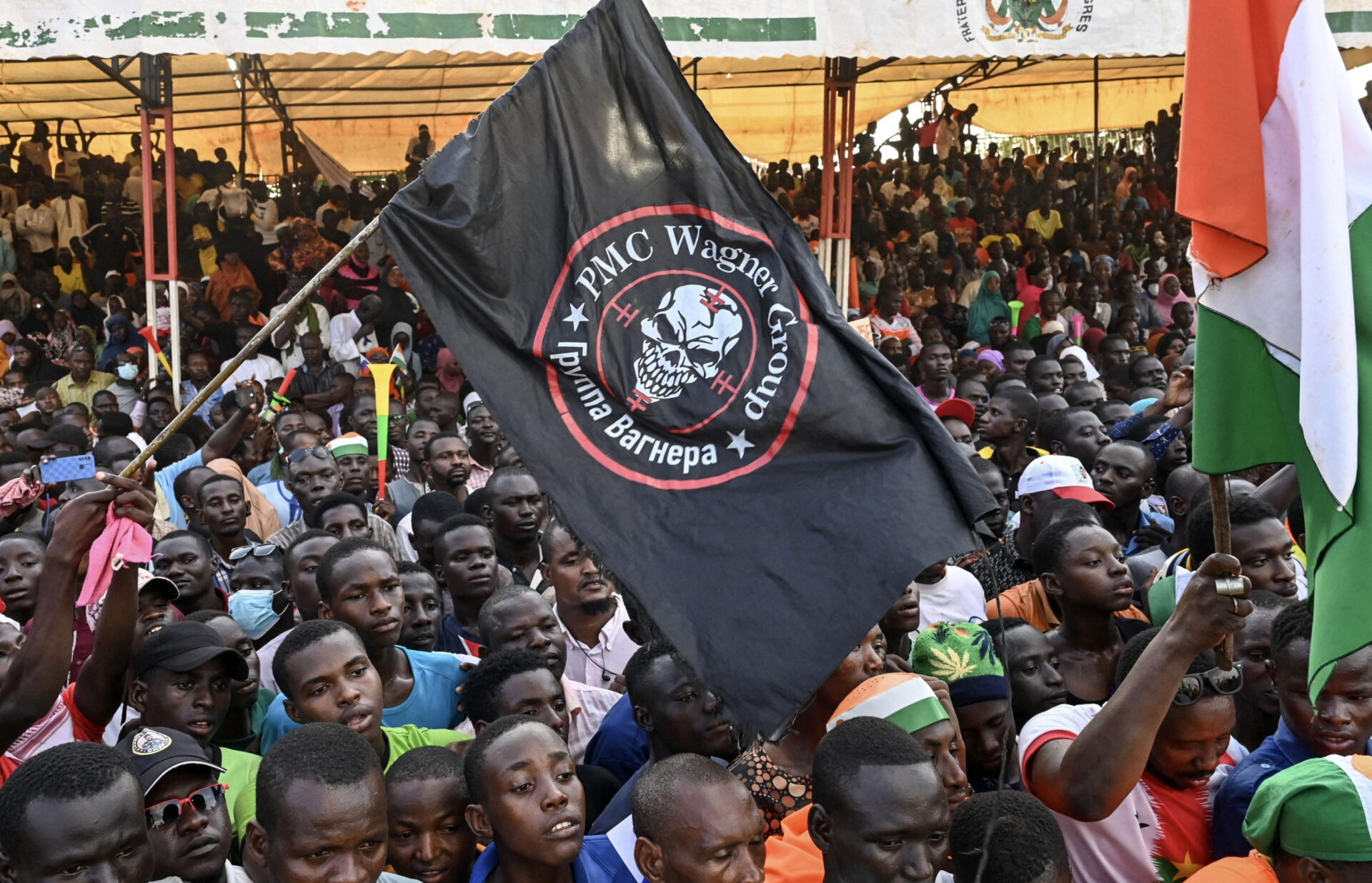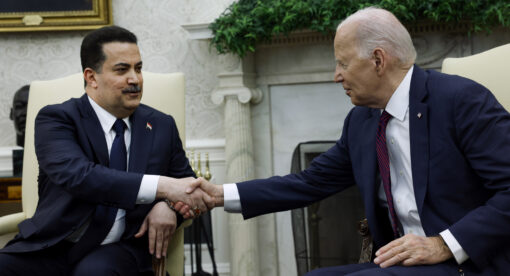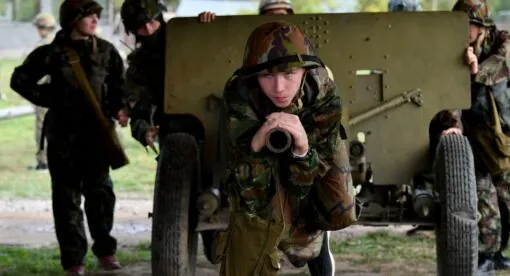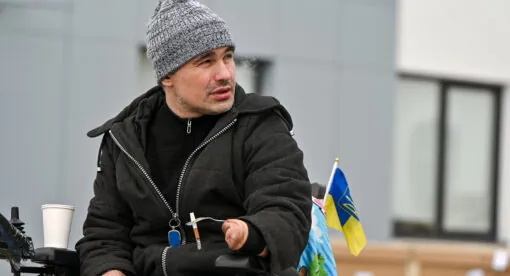Despite the 2023 death of Wagner Group leader Yevgeny Prigozhin, the organization continues to expand its footprint across Africa. Wagner’s criminal empire on the continent includes extensive resource extraction with its financial gains passing through its illicit network of shell companies. Wagner’s money laundering through those companies has allowed the group to circumvent U.S. sanctions and continue amassing wealth and expanding its operational capacity. Thus, it is essential for the United States to consider alternative legal mechanisms to combat the group, such as the Racketeer Influenced and Corrupt Organizations (RICO) statute.
As is the case with any transnational criminal organization (TCO), money is the lifeblood of the Wagner Group. Targeting Wagner’s financial assets is key to dismantling the organization and prosecuting members for crimes committed. Although bringing RICO charges against Wagner could incite Russian reprisals, this would not be a novel development. Russia has already sanctioned top U.S. officials in retaliation for U.S. sanctions, with minimal impact on the United States. The U.S. should proceed with new methods to target Wagner’s financial networks and cripple the network that allows for extensive wealth accumulation across Africa.
Key Takeaways
· The Wagner Group has engaged in human rights violations and violence while expanding its financial gains in Africa through extensive mining operations and resource exportation. Wagner funnels these profits through its network of shell companies, allowing the group to circumvent traditional Western sanctions, affirming the need for a reworking of the U.S. strategy to combat it.
· Previous U.S. attempts to target the Wagner Group have not substantially affected its operational capacity in Africa. The introduction of the Holding Accountable Russian Mercenaries Act (HARM) in Congress has raised concern over the subsequent requirement of countries employing Wagner to cut ties with the organization or face U.S. sanctions.
· A reworked U.S. strategy to target the Wagner Group could employ RICO to seize Wagner’s assets and prosecute leading individuals to dismantle the organization. Previously, the United States investigated Hezbollah for RICO violations, but ultimately decided not to pursue the charges. This investigation emphasizes that effective targeting of TCOs requires support from international partners to coordinate efforts to track illicit commodities shipments, seize financial assets, and arrest perpetrators abroad.
Policy Recommendations
· The United States should not pursue a foreign terrorist organization (FTO) designation of the Wagner Group. A FTO designation of Wagner would jeopardize U.S. relations with African countries that employ Wagner, since the designation would require the U.S. to cut ties. Waning U.S. relations with African countries would be a win for Russia, which could continue spreading its strategic influence across Africa unabated. Rather, the U.S. should leverage its TCO designation and utilize the anti-racketeering law to financially dismantle Wagner’s criminal empire of money laundering and seize its assets held throughout its network of shell companies.
· Collaboration within U.S. law enforcement agencies is essential in effectively investigating the Wagner Group and gathering intelligence on its criminal network. This collaboration at the federal level would involve centralizing intelligence with participation from all appropriate law enforcement agencies and in consultation with the U.S. Justice Department to ensure evidence is carefully collected to be used if legal charges are opened against Wagner. Even if a RICO charge cannot yet be brought against Wagner, careful monitoring and tracking of its business operations would be used as evidence if the U.S. can prove a link between Wagner’s network and U.S. domestic injury.
· Coordination between the U.S. and international partners is key to the extraterritorial application of RICO. The U.S. will need support from international governments to seize Wagner’s assets held in shell companies in the United Arab Emirates, China, and Thailand, and arrest individuals who have engaged in racketeering behavior on behalf of the Wagner Group.








